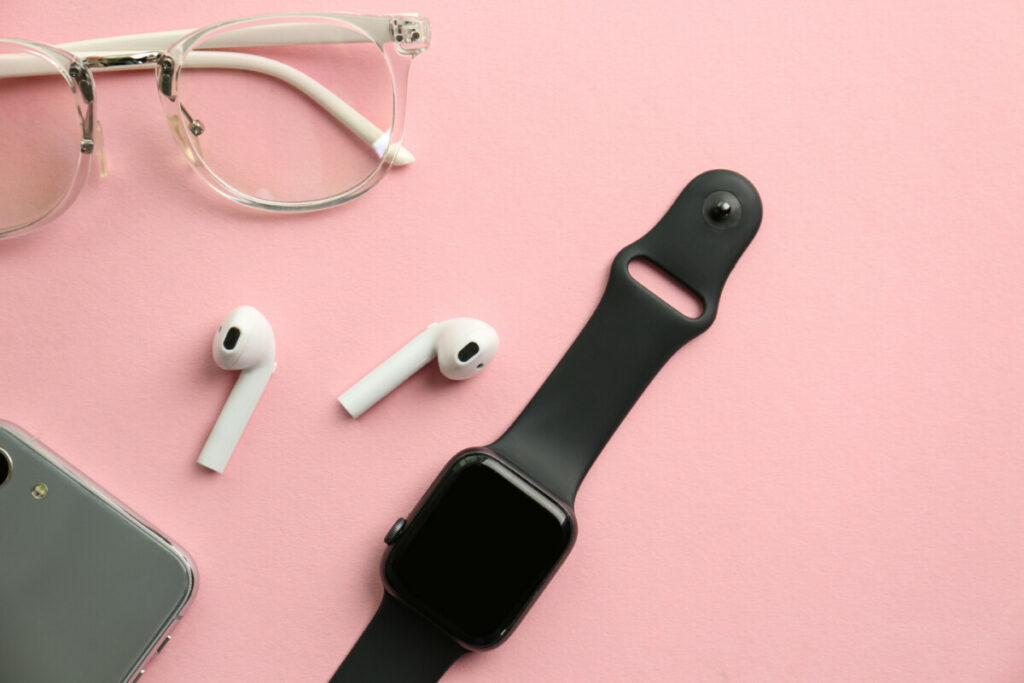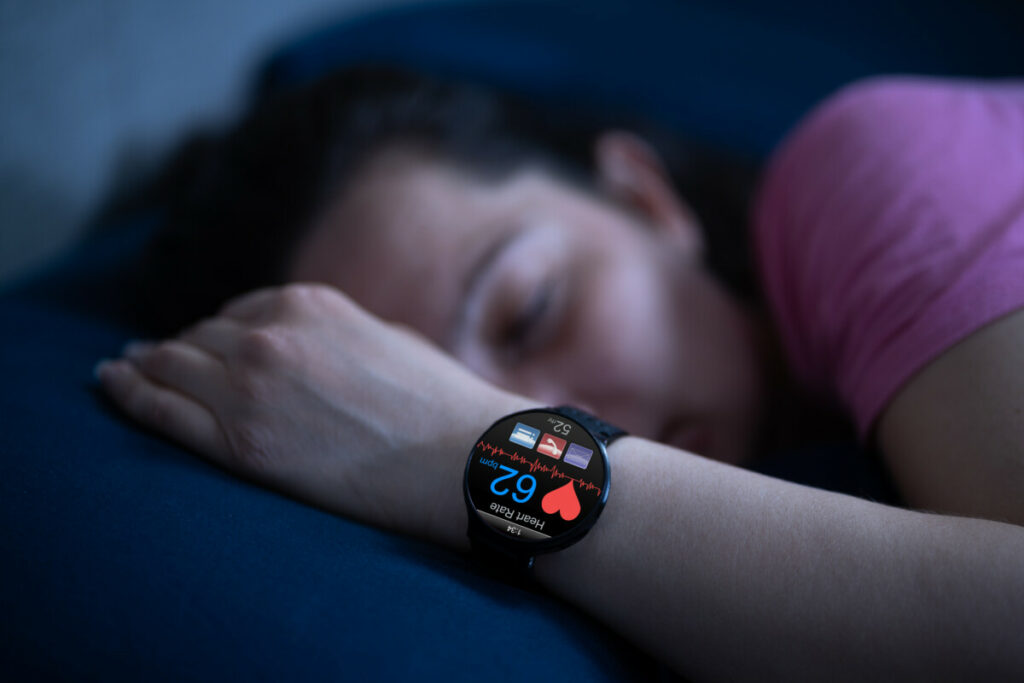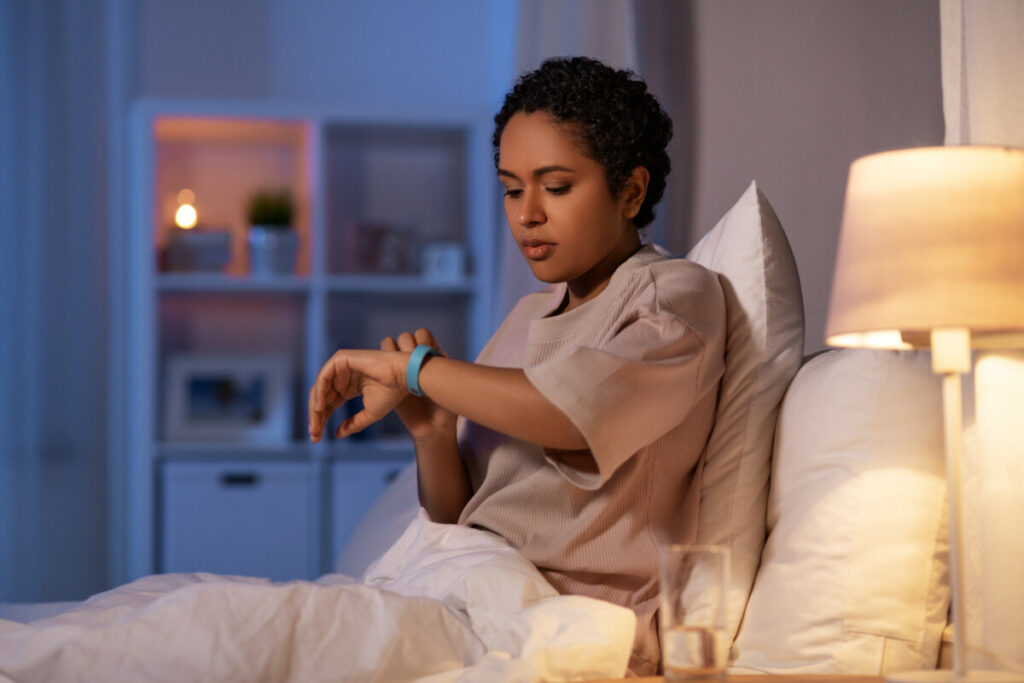Fitbit Won’t Track My Sleep – How To Fix In Seconds
Fitbit is a wonderful device that people use to help them towards their health goals. Some people value the fact that it can track their sleep or heart rate. Sometimes, technology doesn’t work, and people have to try and fix it.
When Fitbit won’t track sleep, there are a few related issues and solutions. Oftentimes, it is related to power or settings issues. A person can often fix the sleep tracking by turning it on and off, charging it, turning the sleep tracking to automatic, and putting it in a sensitive setting.
These are simple solutions. However, there are more problems and solutions to consider. It is also important to know how a Fitbit tracks sleep, what models track sleep, and the average cost of a Fitbit with sleep-tracking abilities.

Other Problems that Cause Fitbit to Malfunction and Solutions
Beyond the simple problems and solutions mentioned above, there are a few other issues that cause Fitbit to malfunction with sleep tracking. Some of these problems include improper wear, outdated syncing, being on an older version and needing to update the Fitbit, and having an old app.
Improper Wear
A Fitbit might struggle to track sleep due to being worn improperly. Improper Fitbit wear includes not wearing it on the wrist, wearing it on the wrist too loosely, or even wearing it on the outside of the wrist.
When a Fitbit is worn improperly, it can make it so the Fitbit struggles to track vitals like your heartbeat or breathing. When a Fitbit isn’t worn on the wrist, the Fitbit can have heart monitoring features turned off. When a Fitbit is unable to track a person’s heart rate, it is limited in what it can track and might not track sleep accurately.
By tightening the band, the Fitbit will be touching the skin and can track your heart rate much easier. By moving it to the inside of a wrist, the Fitbit might not be covered or impeded while a person is moving in their sleep. Luckily, this is easy to fix.
Outdated Syncing
Another common issue is that Fitbit isn’t synced with the app. This can stop Fitbit from sharing sleep data with the app. If that is the case, a person just needs to go to the Fitbit app settings and have it sync manually.

Outdated Fitbit Version
This is also a simple solution. If your Fitbit is an older model, Fitbit has probably released new software updates. Sometimes, a Fitbit doesn’t automatically update its software. A person can go into the Fitbit and its settings and manually update the Fitbit. If your Fitbit is outdated, it won’t track your sleep accurately.
Old App
An old app is also an easy problem to solve. It just requires going to the app store and updating the app manually. A person can also be able to go into phone settings and mark the Fitbit app as an app that should be updated automatically. If a Fitbit owner has an Android phone, they might have to go onto a computer.
There are some other issues that a Fitbit can run into that are more complex. However, proper maintenance and cleaning should eliminate most of them.
How Fitbits Track Sleep
Fitbits track heart rates throughout the day and the night. They also track movement and can even give an estimate of oxygen levels. The main thing that a Fitbit does is notice the differences and variations in each of these categories.
A Fitbit will assume a person is asleep when they don’t move for an hour. Once a Fitbit has determined the user is asleep, the device will track the variation in heart rate to determine which stage of sleep the user is in.
After tracking your heart rate and movements, Fitbit creates a graph of how a person slept. It divides the sleep information into duration, the quality of sleep, and how restoring the sleep was.
The Fitbit will also give a user a sleep score. An average sleep score is between 72-83, with 90-100 being excellent and 60 or less being poor. This tracking system can help people analyze their quality of sleep and might even help them to identify sleep disorders or problems.
Which Fitbit Models Track Sleep?
The great thing is that most models of Fitbit will track sleep. The models that can track sleep include Fitbit One, Flex, Charge, Charge HR, Surge, Alta, and Blaze. If a Fitbit is a tracker or a smartwatch that can track a heart rate, it should be able to track sleep. Exceptions to this include the Fitbit Zip, as it is only a clip-on Fitbit, and the Fitbit Inspire 2.
Some will automatically do it, while others will require people to manually turn this feature on.

Average Cost of a Fitbit with Sleep Tracking Abilities
There are times when even these simple steps do not fix the issue. Sometimes, Fitbits can have more in-depth problems that require a professional to look into. Other times, it is more economical to get a new Fitbit. Consumers need to be aware of what the average cost of a Fitbit with sleep tracking ability is to not pay more than they have to.
When budgeting money for a new sleep-tracking Fitbit, it is reasonable to assume it will cost anywhere from $79.89 to $229.00. Usually, trackers are cheaper than watches. But even watches can be on the cheaper end, long as someone is not looking to own the fanciest or newest model.
If a user is not set on having the newest model, then it will be easier to find a cheaper price. People can look for a refurbished model, a used model, or even look on places like Amazon or Facebook Marketplace. People are often trying to make a little extra money and will sell quality products for much cheaper than the original business.
All of this information helps a consumer truly understand how their Fitbit works, how sleep tracking really works, and how to handle the ups and downs of Fitbit ownership. They will be able to solve their problems and hopefully have an amazing night of sleep!
